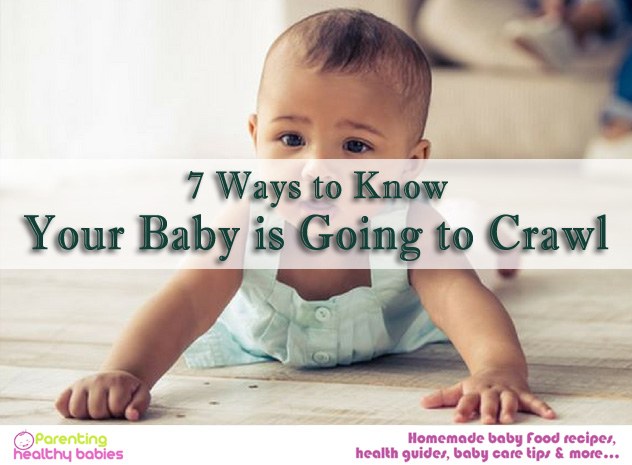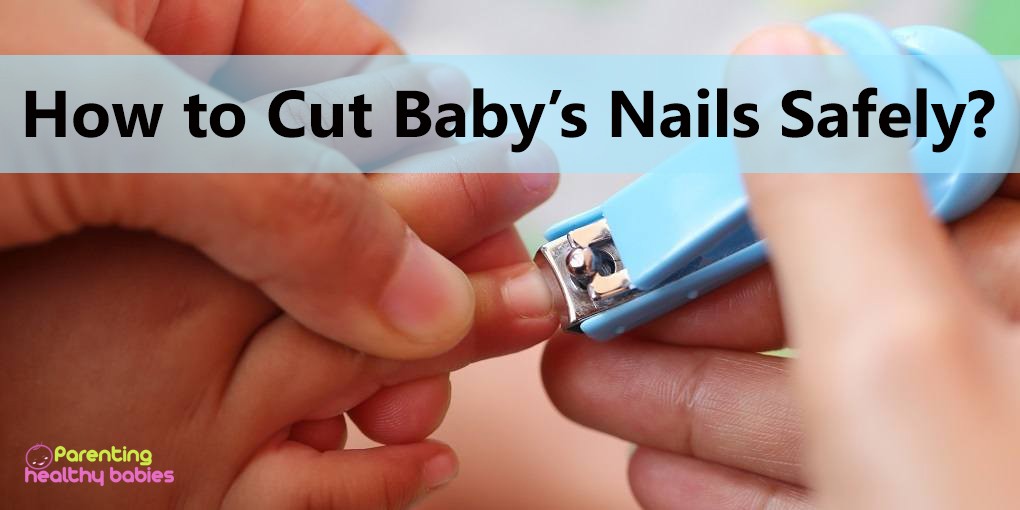Being a mother is not at all an easy task, especially when it comes to sacrificing each and everything you love for your little one, who is of course more precious to you than yourself. It is true that once the baby comes to your life, the entire world around you changes. It is as if a new world where only your baby is important, in fact more important than anything or anybody else, even yourself. What is surprising however, that in spite of all this you feel a magic around you, one that only the smile of your baby can bring into your life and everything as if is okay or rather perfect again when you see that smile! There is no denying the fact however that from your lifestyle to your food habits, each and everything undergoes a change once you welcome the baby, and it is not at all easy to adapt and cope up with these changes.
Baby Sleep Tricks: Sleeping Through the Night
The worst change that probably affects you is the lack of sleep because infants tend to stay awake all night or wake up in the midst of the night (especially when you have just slept). You are then not left with an option but to stay awake with your baby whenever he or she is awake. This indeed can take a toll on your health as you are mostly awake throughout the day whether or not your baby is. When it is time for you to sleep, you can’t, because your baby isn’t, and when your baby is sleeping, you probably aren’t able to fall asleep! Life with a newborn can make you feel like a bona-fide member of the living, walking dead. It’s normal to wonder if you’ll ever re-enter the land of the sleeping and transform from zombie to human again. The answer, of course, is yes you will. Eventually, baby will start sleeping through the night, and you’ll get to luxuriate in some serious shut-eye.
You will often be advised that sleep whenever your baby is asleep. But let us accept the fact that it is not always possible for us to sleep whenever we want to, especially when our biological clock isn’t correctly functioning and this can indeed seriously affect our health. The very important question that arises here of course is when do babies start sleeping all night then?
The truth is, there is no magic age when babies suddenly start to sleep through the night—every baby is different and have their own ways devised to disturb their mommies. But around the four-month mark, important developmental milestones can totally change the baby sleep game and help babies sleep the whole night. But, you cannot expect them to sleep as long as eight or ten hours at a stretch throughout the night. But you might observe that the baby will sleep for five to six hours at a stretch without waking up for being fed or so, if you can correctly feed the baby just before he or she falls asleep and then again feed them right in the morning. This is basically how their biological clock too begins to get adjusted and they start adapting to a normal lifestyle. When the baby gradually becomes six to seven months old, he or she is more adjusted to this practice and will begin to sleep for around eight hours at a stretch without the need to be fed in between.
By the age of about eight to nine months, your baby will learn to develop this motor skill automatically, but if it doesn’t happen so, you might want to try sleep training for your baby. Sleep training is the process of helping a baby learn to fall asleep and stay asleep through the night. Some babies do this quickly and easily. But many others have trouble settling down to sleep – or getting back to sleep when they’ve wakened – and they need help along the way. To begin with, you might try out the following:
Introduce a bedtime routine
You can start when your baby is as young as 6 weeks, but don’t worry if your baby is older – it’s never too late. A routine can include a warm bath, a book, and a lullaby before putting her to bed. This is basically a procedure to prepare your baby for sleep so that he or she basically learns the process of when to sleep. This is much in keeping with the theory of conditional learning where this bedtime routine indicates to the baby that he or she would now go to sleep.
Pick a consistent bedtime
Experts recommend a bedtime between 7 and 8 o’clock, so your baby isn’t overtired and fighting sleep. Even if it a bit earlier or later for you, make sure that you maintain this timing everyday so that your baby kind of gets used to it.
Follow a predictable daytime schedule
Try to get your baby up around the same time every morning and feed him and put him down for naps at about the same times during the day. This predictability helps him relax and feel secure, and a relaxed baby settles down to sleep more easily. It is also helpful in setting his or her biological clock correctly, that will help his lifestyle in the long run.
Make sure your baby doesn’t have a medical condition that could affect his or her sleep
If you are fearing any particular sleep abnormality in your kid, make sure you consult a doctor. An underlying condition, such as sleep apnea, needs to be addressed by your baby’s doctor before you consider a sleep training program.
So, don’t worry if you are not getting enough sleep as of now, trust us, it will eventually fall in place. By 9 months old, most babies sleep through the night without feeding, giving you the chance to log some much-needed shut-eye. Enjoy it—you will certainly have earned it. Happy Parenting!













